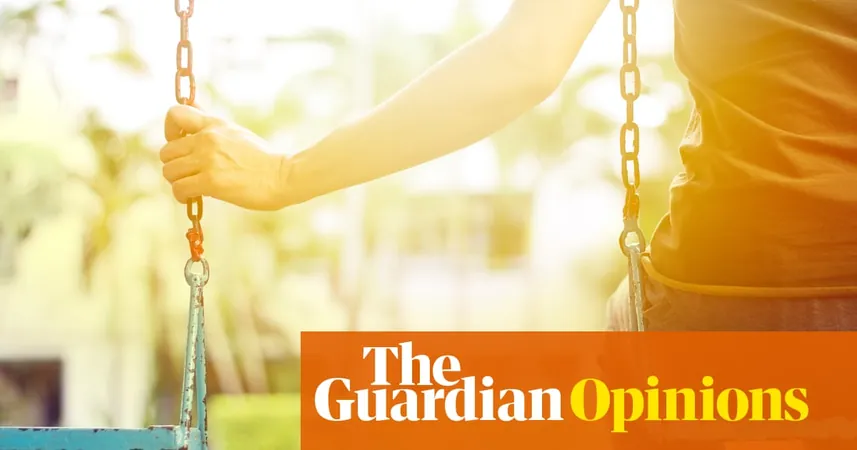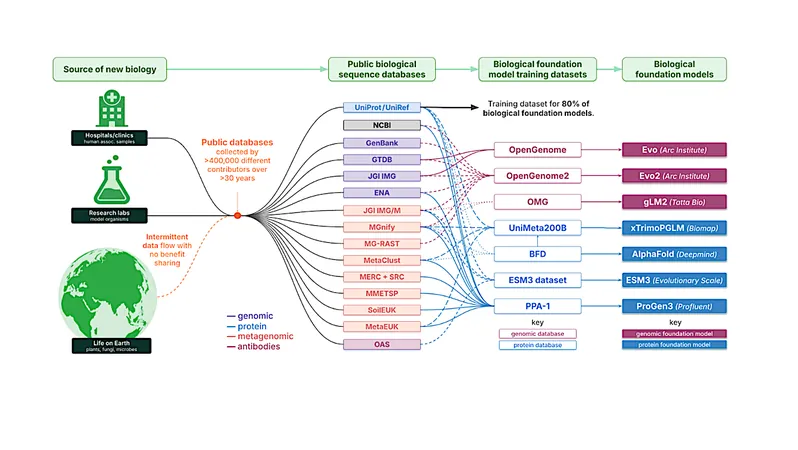
From Devotion to Discovery: How Carers Can Embrace Life After Loss
2025-01-19
Author: Mei
Introduction
In a society where caregiving has become increasingly prevalent, the emotional journey of carers often remains underappreciated. In the UK alone, an estimated 10.6 million people provide unpaid support to family and friends facing health challenges, a statistic mirrored in Australia where around 12% of adults find themselves in similar roles. While these figures highlight the vast network of caregivers, they also shed light on the unforeseen struggles faced during and after this significant life chapter.
The Emotional Toll on Carers
The harrowing experience of caregiving can often overshadow the personal needs of the carer, leading to long-term effects on their mental health. This is a reality for individuals like Susan and Gemma. Susan lost her husband after a prolonged illness and, with him, the life they once cherished—a life filled with travel, hobbies, and community involvement. Similarly, Gemma made the heart-wrenching decision to leave behind a flourishing career to care for her partner after a stroke. “I found it hard to carve out any time for myself,” she shared. “Even simple things, like getting a haircut, felt impossible.”
Brenda, another carer, dealt with a less difficult transition following her partner’s peaceful passing. Yet, she too expressed the lingering feelings of guilt for not being able to alleviate his suffering, emphasizing the emotional complexity of grief. For many, the emotional burden—the sorrow, guilt, and isolation—often outweighs the physical demands of caregiving.
Navigating Grief and Finding Joy
In the immediate aftermath of losing a loved one, many carers experience a mix of relief and anxiety. The end of caregiving can provide a strange sense of freedom, but it also introduces the daunting reality of change. “I don’t know what to do now,” Brenda voiced, reflecting a common sentiment among those who find themselves at a crossroads.
As these women navigated their grief, they also discovered small joys amid the transition. Susan embraced her newfound autonomy, exploring local markets and cooking for herself without dietary restrictions. Gemma reconnected with friends through tennis, and Brenda revisited fond memories by attending daytime movies—activities she once enjoyed with her late partner.
Embracing Mixed Emotions
What is particularly notable is how these women articulated their mixed emotions. “People expect you to be either sad or happy,” Gemma explained. “But it’s not that simple. I miss Tony every day, yet I also feel more hopeful than I have in years.” This sentiment resonates with recent psychological research indicating that feelings of happiness and sadness can coexist, challenging traditional perceptions of grief.
Dr. Anthony Gianni Vaccaro from the University of Southern California highlights the importance of recognizing mixed emotions. Understanding and accepting these complexities can transform overwhelming grief into cherished memories that promote personal growth.
Society's Role in Supporting Carers
As society faces an aging population and a rise in caregiving roles, it becomes increasingly critical to support these individuals, not just during their caregiving journey, but long after—as they redefine their identity and rediscover themselves. Education about the emotional tapestry of caregiving can foster compassion and awareness among friends and family, paving the way for deeper connections and understanding.
Conclusion
In conclusion, the journey from caregiver to independent individual is fraught with emotional challenges, yet it also embodies the opportunity for growth and renewal. By acknowledging the multifaceted nature of their feelings, carers can begin to move forward, finding beauty and purpose in their lives after loss. It is time for society to better understand and support those who shoulder the immense responsibility of caregiving, as they navigate the intricate cycle of love, life, and loss.



 Brasil (PT)
Brasil (PT)
 Canada (EN)
Canada (EN)
 Chile (ES)
Chile (ES)
 Česko (CS)
Česko (CS)
 대한민국 (KO)
대한민국 (KO)
 España (ES)
España (ES)
 France (FR)
France (FR)
 Hong Kong (EN)
Hong Kong (EN)
 Italia (IT)
Italia (IT)
 日本 (JA)
日本 (JA)
 Magyarország (HU)
Magyarország (HU)
 Norge (NO)
Norge (NO)
 Polska (PL)
Polska (PL)
 Schweiz (DE)
Schweiz (DE)
 Singapore (EN)
Singapore (EN)
 Sverige (SV)
Sverige (SV)
 Suomi (FI)
Suomi (FI)
 Türkiye (TR)
Türkiye (TR)
 الإمارات العربية المتحدة (AR)
الإمارات العربية المتحدة (AR)